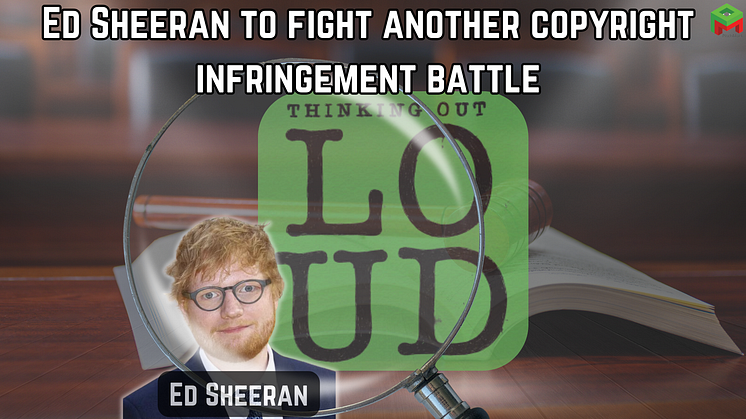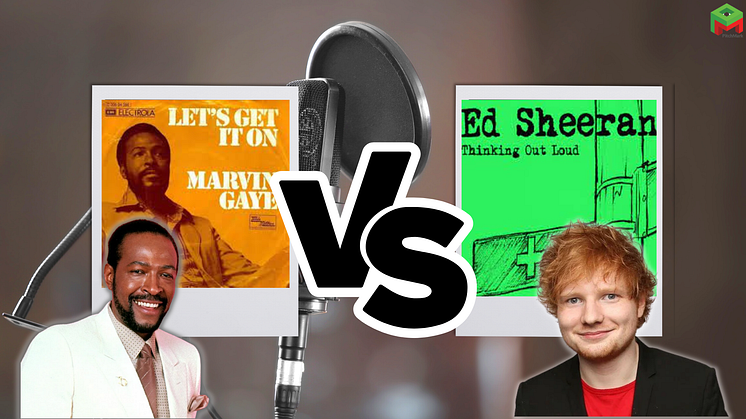
News -
Ed Sheeran to fight another copyright infringement battle over ‘Thinking Out Loud’
The long-running legal dispute about whether Ed Sheeran’s hit song “Thinking Out Loud” is a plagiarized version of Marvin Gaye’s legendary "Let's Get It On" remains ongoing.
A different group of plaintiffs presented their opening arguments at a federal appeals court on September 29, setting the stage for years of additional litigation and a decision that might resurrect the case against Sheeran, despite the fact that one of his accusers dropped their case last month.
Kathryn Griffin Townsend, the daughter of Ed Townsend, who co-wrote the well-known 1973 song with Gaye originally filed a lawsuit against Sheeran resulting in a jury’s determination in May exonerating Sheeran of all charges. That legal dispute was put to rest last week when she abandoned attempts to get the judgment overturned.
However, Structured Asset Sales, a company owned by businessman David Pullman that owns a one-third share of Townsend's copyrights, had previously filed a separate but closely linked lawsuit against Sheeran, which a federal judge dismissed also in May (a few weeks after the significant jury verdict), finding as a matter of law that it sought a "impermissible monopoly over a basic musical building block."
Structured Asset Sales, in contrast to Griffin, appears prepared for a protracted appellate battle. It cited a number of alleged errors by Judge Louis Stanton in his dismissal in it’s opening brief last Friday at the U.S. Court of Appeals for the Second Circuit, including his decision about "musical building blocks."
But they mostly concentrated on what they claimed was a much more fundamental mistake: that Judge Stanton forbade them from using the well-known recorded version of "Let's Get It On" in support of their argument.
Judge Stanton had determined that Structured Asset Sales only had ownership rights to a "deposit copy"—the fundamental note submitted to the Copyright Office decades ago in order to get a copyright registration. The company's attorneys said the incorrect holding "severely" restricted their rights and adversely affected their chances of succeeding in the case.
“Musical notation is a way of trying to capture the ephemeral in the physical, but it is and has always been limited in its ability to capture every nuance of the work,” Structured Asset Sales' attorneys argued. “Deposit copies do not, and were never meant to be, a limitation on the scope of the copyright they represent…The district court’s erroneous decisions should be reversed, and appellant’s case restored so that it can proceed to trial.”
The timing of Judge Stanton's decision, which came only a few weeks after the jury's verdict in the Griffin case and appeared to overturn his own earlier determination that the case would need to go to trial, was also questioned by Structure Asset Sales' attorneys. The company's lawyers added an unusual touch by calling the judge's rationale "a mystery."
PitchMark helps innovators deter idea theft, so that third parties that they share their idea with get the idea but don’t take it. Visit PitchMark.net and register for free as a PitchMark member today.



